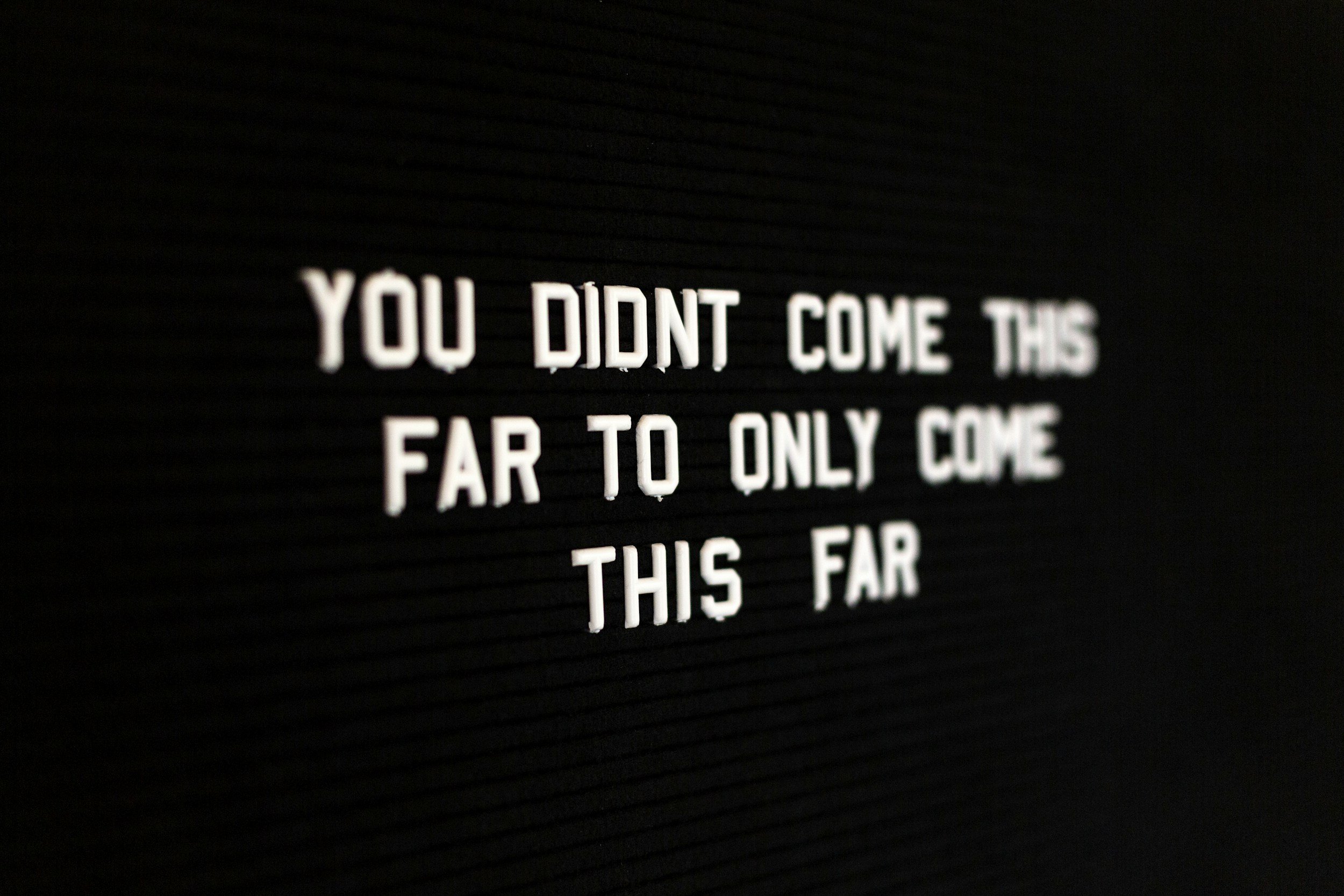
Your Bounce-Back Semester Starts Now: Executive Functioning 101 with Coach Krisler Bailey
If last semester didn’t go the way you hoped, take a breath. You’re not broken. You’re not behind. And you’re definitely not the only one.
One of the biggest myths about college is that everyone else has it figured out. In reality, almost everyone struggles at some point—it just shows up in different ways. Some students struggle academically. Others feel socially disconnected. Some look fine on the outside but feel overwhelmed by unstructured time, distractions, or burnout.
The good news? College is a skill set, not a personality trait. And skills can be learned.

Is Your Brain on Shuffle? ADHD, College, and Finding Your Right-Fit Path
Is Your Brain on Shuffle? ADHD, College, and Finding Your Right-Fit Path
with guest Rae Jacobson, host of Hyperfocus and Lead of Insight at Understood.org
If you’re a student with ADHD (or you love one), you’ve probably heard some version of:
“You’re so smart—why can’t you just do better?”
Our guest, writer and ADHD expert Rae Jacobson, has heard that line more times than she can count. In this episode of College Is Fine, Everything’s Fine, Rae joins us to talk honestly about ADHD, learning differences, and what it really takes to thrive in college when your brain does not follow the “default settings.”


Stop Ignoring Office Hours—Here’s Why
Office hours aren’t just for struggling students—they’re your chance to get help, build relationships, and set yourself up for success. Professors hold these hours specifically for you, so you’re never “bothering” them by showing up. Even if you don’t know exactly what to ask, just introducing yourself or discussing general questions can open doors to guidance, mentorship, and future opportunities. First-gen students, shy students, or anyone feeling lost on campus can especially benefit—office hours are your direct line to support, connection, and academic growth.

Microblog: Silencing the “What Ifs”
Is Your Problem Real… or Just Hypothetical Worry Your Mind Can’t Get Away From?
Ever find yourself spiraling on “what ifs”? That’s hypothetical worry—and it’s sneaky.
Actual worry = current, solvable problems.
Example: “My presentation is tomorrow → I can practice tonight.”
Hypothetical worry = future “what ifs.”
Example: “What if I bomb every class presentation this semester?” → nothing to do right now but stew.
How to check yourself:


Microblog: Taming Big Emotions
A primer on DBT TIPP Skills (Quick Hacks for Calmer College Days)
Ever feel like your emotions hijack your day? You’re not alone. College students told us their feelings often get the best of them—whether it’s avoiding new friends because of anxiety or snapping at someone when stressed.
Here’s the science-y part: emotions only last six seconds in your body. If they stick around longer, it’s because we’re fueling them with thoughts or focus. The good news? You can interrupt the cycle with a few body-based tricks:

Microblog: Building Social Muscle
College = endless new situations: joining teams, navigating hookups, talking to professors. No wonder you sometimes feel like a baby deer learning to walk. That’s normal. Social skills = muscle—they get sore if you haven’t used them, but they grow with practice.
Ways to build your social muscle:

College Not What You Expected? You’re Not Alone
You’ve probably heard it all: “College will be the best four years of your life!” or “Get ready for endless freedom and fun!” But the truth? College is usually a mix of highs, lows, and everything in between.
Students we talked to described showing up with sky-high expectations—or no idea what to expect—and then hitting reality fast:

“I Procrastinate, Therefore I Cram”
If you’ve ever found yourself scrolling TikTok at 1 a.m. instead of starting that paper, welcome to the club—you’re human. Procrastination is practically a rite of passage in college. But here’s the thing: it’s not about laziness, and it’s not because you’re “bad” at school.

How to Keep Relationships Strong in College: The GIVE Skill
College isn’t just about classes—it’s about relationships. From roommates and professors to friends and family, how we show up in conversations can make or break those connections.
That’s where the DBT skill GIVE comes in:
G – Be Gentle
I – Act Interested
V – Validate
E – Easy Manner
The goal? To strengthen and maintain relationships, even in stressful moments. GIVE reminds us to balance respect for others with staying authentic to ourselves. Paired with its twin skill, FAST, students (and professionals) can build relationships that are both caring and boundaried.

Tired of Being Too Nice (or Too Blunt)? Try This Communication Hack
College throws you into constant situations where you need to speak up—whether it’s asking a professor for help, setting boundaries with a roommate, or negotiating group project roles. That can feel intimidating, but DBT’s DEAR MAN skill gives you a simple roadmap for having tough conversations without being passive or aggressive. By learning to describe the situation, express how you feel, assert what you need, reinforce the positives, and then stay mindful, confident, and willing to negotiate, you can get your point across and keep your relationships strong.

Purpose Over Pressure: Building Values, Not “Shoulds”
College is full of surprises. You probably pictured endless fun, amazing friendships, and exciting freedom. And while those moments definitely happen, college also brings lonely nights, tough choices, and way more responsibility than you expected.
Here's the thing: having clear values makes all the difference.

Lost, Stuck, or Stalling? How to Get Back on Target
College life often feels like a tug-of-war between what we want to do and what we actually do. In this episode, we learn about the “Act with Purpose” skill. We discuss how to identify your internal GPS, navigating where your values and goals intersect, and learning how to tell if you are on-track or veering off-ramp.

Building College Connections That Last
The people you build connections with in college can be the difference between just surviving college and truly thriving.